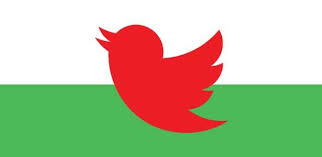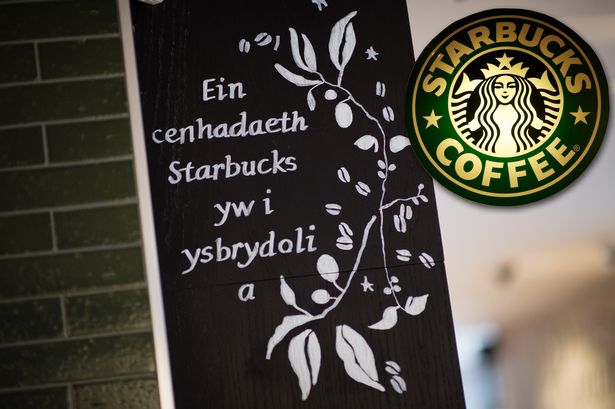When it comes to business, it is vital to market and advertise your products and services as effectively as possible to achieve successful growth, whether it comes in the form of mainstream branding or simply sharing promotional offers via social media. Twitter, in particular, is undoubtedly one of the great technologies of our time, allowing both individuals and businesses to connect with the world like never before. It has been used over the past decade to keep friends and family up to date with anything from the latest hairdo to what’s been eaten for tea, but the possibility of using Twitter for business has increased significantly in recent years.
You would think that such a global service that crosses cultural barriers would also have made a significant effort to cross language barriers too, but currently Twitter only allows for paid tweets, or promoted tweets, in a handful of languages. Promoted tweets function in exactly the same way as regular updates, but they have the potential to reach a much wider audience which may be interested in your business. There are no restrictions against sending regular tweets in Welsh, but a promoted tweet is something extra, appearing at the start of comments and products that are similar to the services that your business offers.
It’s not unrealistic to say that a paid tweet has the ability to attract new customers either online or locally, so it’s understandable that business owners operating mainly in a regional language might feel left out of the market and isolated. One such business owner from Aberystwyth, Craig Edwards, has lodged a formal complaint with Meri Huws, the Commissioner for the Welsh language. He sends out bilingual tweets for his fish shop every day, with many local customers revealing how they’ve come especially because of a tweet posted earlier in the week. Mr Edwards has seen the potential a single tweet can bring to his business which is trying to operate in a tough economy, but he knows very well that he could do so much more: ‘We are trading in Wales so we should be able to advertise in the Welsh language’.
Both small companies in Wales and campaigners for the Welsh language have petitioned Commissioner Huws to act against the site, TwitterAds in particular, which she was happy to do, and is currently waiting for a reply. The site allows promoted tweets in English and ten other languages commonly spoken in Europe, including Spanish and French, but adding others like Welsh will be something that happens if and when the site expands.
A spokesman for the Welsh Government reassures small business owners that steps are being taken to make the Welsh language available on many more social media platforms, stating, ‘We want to see big technology companies using and facilitating Welsh, including advertising in Welsh’. The realisation that there are thousands of inhabitants speaking the language and using it in daily life has come a little too late for most companies, but websites are translated into new languages every day and they reap the benefits of doing so; automatically opening up to a new market which was previously unattainable.


